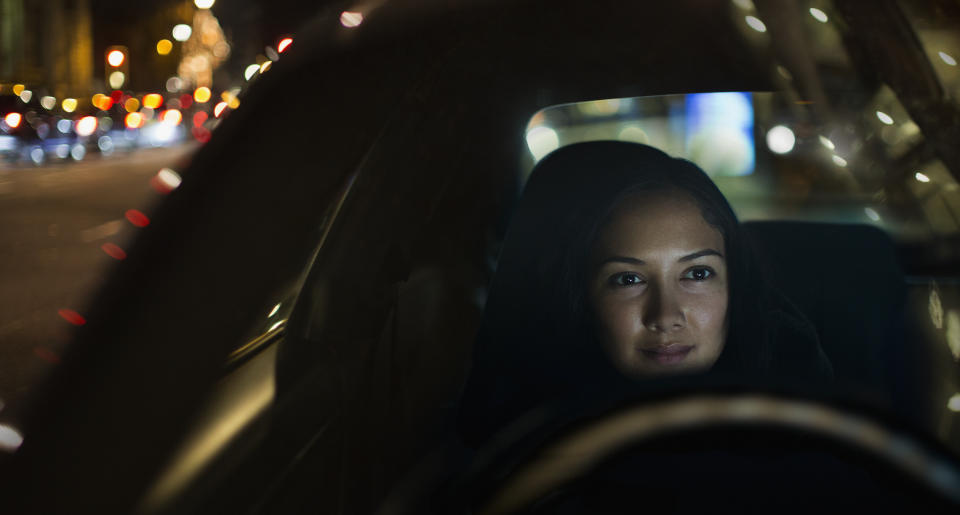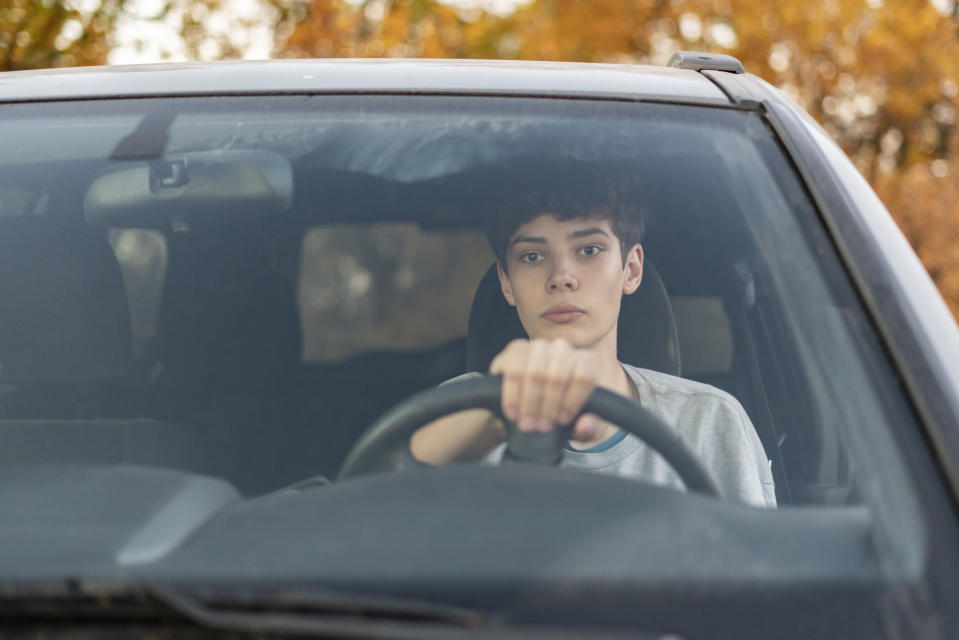Experts clash over proposals to ban young people from driving at night

The Government’s proposals for a night-time ban on young drivers, has receved a mixed response from road safety campaigners and motoring groups.
Ministers are considering introducing a graduated licence system for novice drivers in England amid figures showing a fifth are involved in an accident during their first year behind the wheel.
Under the scheme, youngsters would face a series of restrictions, including as a minimum learning period, not driving at night and not driving with passengers under a certain age.

But the curfews have been described as a sledgehammer to crack a nut” by Simon Rewell, Road Safety Manager at insurethebox,
He said: “We have clear evidence that engaging with young drivers to help them understand the risks of poor driving, such as speeding, has a direct influence on driving behaviour.
“Simply stopping new motorists from driving at night – which actually is an important skill to develop – affects the social mobility of our youngest adults which we believe would be quite demotivating.”
The Department for Transport (DfT) did not reveal how long the measures would be in place after someone has passed the driving test.
Read more from Yahoo News UK:
Rugby player dad jailed for nine years for shaking newborn son to death
Dramatic footage shows huge fire which sank fishing boat off UK coast
Former police chief says Extinction Rebellion are 'hardcore anarchists'
Under current rules, new drivers have their licences revoked if they accumulate six penalty points within the first two years.
But there are no restrictions on when people can drive or the age of their passengers.
Mr Rewell said that instead of imposing curfews, the Government “should be looking at solutions to better prepare young, new drivers” so that they can “gain more experience in driving in different light and weather conditions”.
RAC head of roads policy Nicholas Lyes cautiously welcomed the proposals, telling Yahoo News: “Young drivers sadly are overrepresented in road traffic collisions so we welcome plans to improve their safety.

“Graduated driver licensing has the benefit of providing a more controlled environment when learning how to drive, however this must be balanced so it does not disadvantage young drivers who need to use vehicles for night work.”
AA president Edmund King was more resistant to the plans, arguing that post-test restrictions “could negate the purpose of them having a driving licence in the first place” - including for driving to work on early or late shifts when public transport is not convenient.
He added: ”This is why any post-test restrictions must be properly researched and piloted first to ensure they do not place an unnecessary burden on new drivers."
Graduated licensing schemes already operate in several parts of the world, including New York and California in the US; Ontario and British Columbia in Canada, New South Wales and Victoria in Australia; and Sweden.
They have previously been rejected in Britain over concerns they would restrict young people from accessing education and employment.
But the DfT is giving serious consideration to how the system could work as part of its Road Safety Action Plan, which will be published on Friday.

Any changes to licensing would be consulted on before being introduced.
Joshua Harris, director of campaigns for road safety charity Brake, welcomed the proposals, saying: "Newly qualified drivers, particularly young males, are a high road safety risk and much of this can be put down to lack of experience and overconfidence.
"We must do all we can to keep young drivers safe and this starts with making our licensing process more robust.”
Road Safety Minister Michael Ellis said: "We have some of the safest roads in the world but we are always looking at ways to make them safer.
"Getting a driving licence is exciting for young people, but it can also be daunting as you're allowed to drive on your own for the first time.
"We want to explore in greater detail how graduated driver licensing, or aspects of it, can help new drivers to stay safe and reduce the number of people killed or injured on our roads.”

 Yahoo News
Yahoo News 

